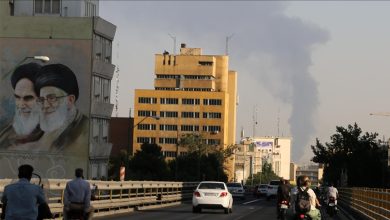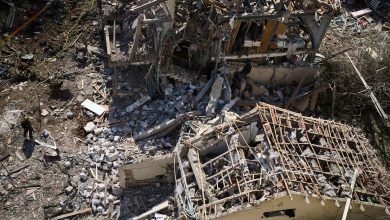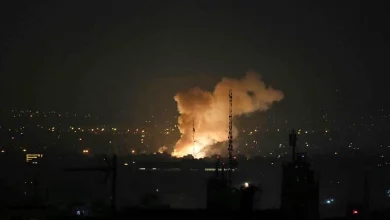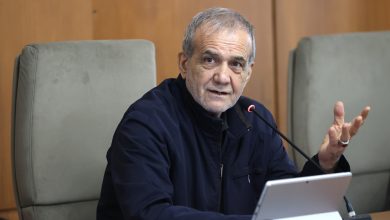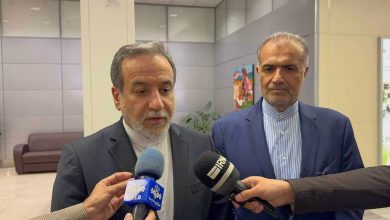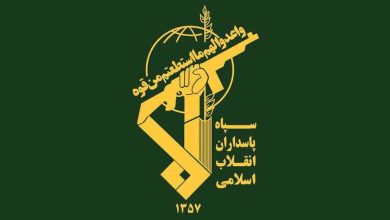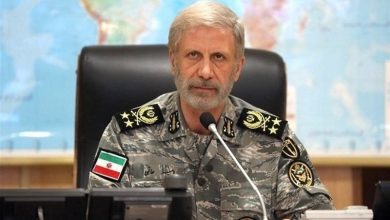Iran’s Araghchi Declares Enrichment ‘Non-Negotiable’; Deems Negotiations Ineffective Amid Pressure
Iran's Foreign Minister has emphatically stated that the enrichment of uranium, a core component of the nation's peaceful nuclear agenda, remains "non-negotiable." He indicated that any discussions between Tehran and Washington are unlikely to be productive if conducted under coercive conditions without mutual respect.
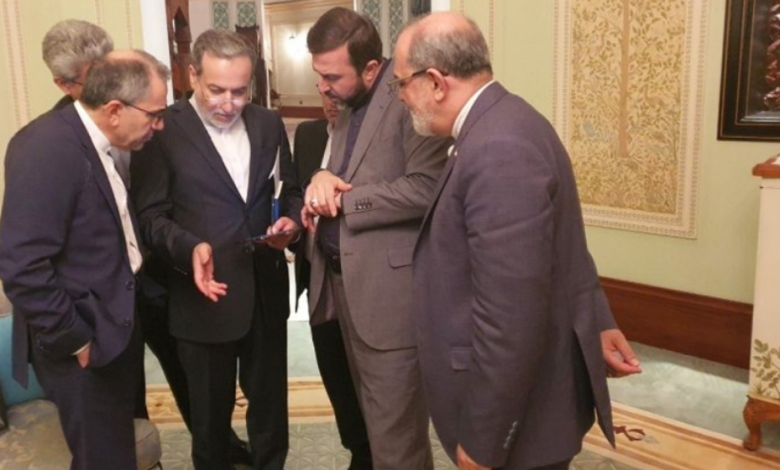
Abbas Araghchi articulated this position during the Iranian administration’s weekly cabinet meeting in Tehran on Wednesday. His remarks followed comments from US Special Envoy Steve Witkoff, who stated that Tehran needs to “cease and dismantle” its nuclear enrichment program to secure an agreement with Washington.
The comments emerged ahead of a scheduled meeting between Araghchi and Witkoff in Oman on Saturday. This follows their recent high-level discussions, marking the most significant engagement between the parties since Trump unilaterally withdrew from the pivotal nuclear agreement with Iran in 2018.
An Iranian official, Araghchi, has stated that the country’s nuclear enrichment program remains a critical and legitimate concern. While expressing willingness to address any arising doubts and foster trust, he firmly emphasized that the issue of nuclear enrichment is not open for negotiation.
Highlighting the ongoing US pressure campaign against Iran during negotiations, the Iranian foreign minister asserted that the nation’s stance and actions remain transparent. He emphasized that attempts to exert pressure will be futile. If negotiations are conducted on an equal and respectful basis, progress can be made; however, imposing positions is ineffective. Iran has consistently demonstrated this through its actions and positions. The minister affirmed Iran’s commitment to participating in discussions with composure and without succumbing to external pressures.
Araghchi criticized the “inconsistent and conflicting positions” emerging from the Trump administration in advance of Saturday’s discussions.
The chief Iranian diplomat stated, “Throughout this period, we have encountered contradictory and conflicting statements. Mr. Witkoff has expressed different perspectives up to now; however, the actual positions will become clear at the negotiation table.”
It is essential to be mindful of the authentic perspectives presented by the American delegation during the negotiation talks. Should they approach the discussions with constructive stances, there is hope that a dialogue regarding the framework of a potential agreement can commence. Conversely, if positions remain contradictory and conflicting, progressing will prove challenging.
Deputy Foreign Minister Abbas Araghchi, when questioned about his forthcoming visit to Moscow, revealed that he carries a “written message” from Ayatollah Seyyed Ali Khamenei, the Leader of the Islamic Revolution, which will be delivered to Russian President Vladimir Putin during the trip.
Ayatollah Khamenei announced on Tuesday that the indirect negotiations between Iran and the United States, conducted in Muscat, Oman, have been “carried out effectively in their preliminary phases.” However, he expressed that the Islamic Republic remains “highly skeptical” of the intentions of the opposing party.
The United States has eased certain sanctions in accordance with the Joint Comprehensive Plan of Action (JCPOA), a landmark nuclear agreement established in 2015 between Iran and major international powers. However, Washington reinstated the sanctions three years after the deal’s inception and subsequently intensified its restrictive measures against the Islamic Republic.
The United States has described its confrontational strategy as “maximum pressure,” involving frequent warnings by American officials about the possible use of military force against Iran.
The Islamic Republic has emphasized that engaging in direct negotiations with the United States remains neither beneficial nor acceptable for Tehran, as long as Washington maintains its adversarial policies.

